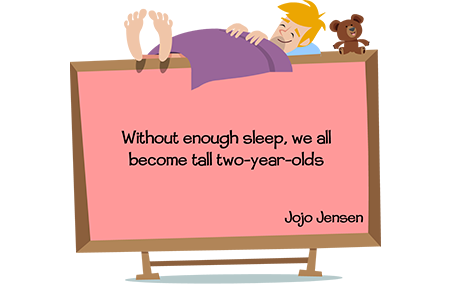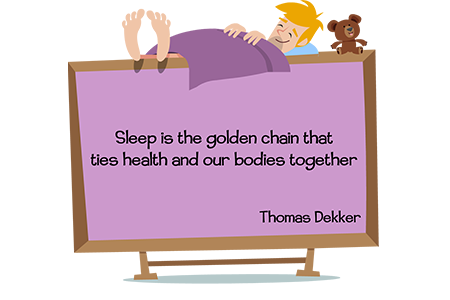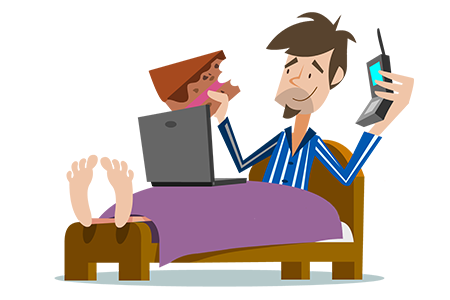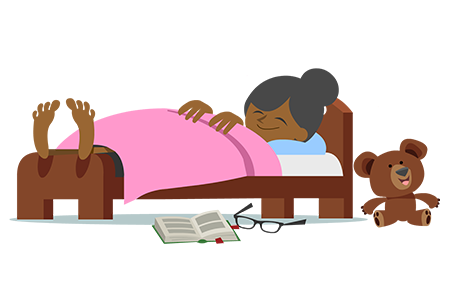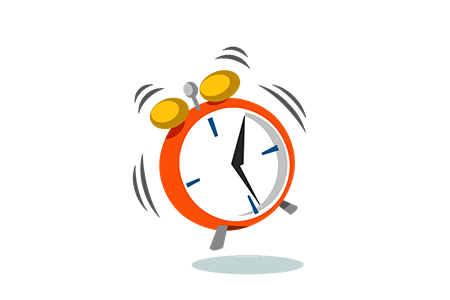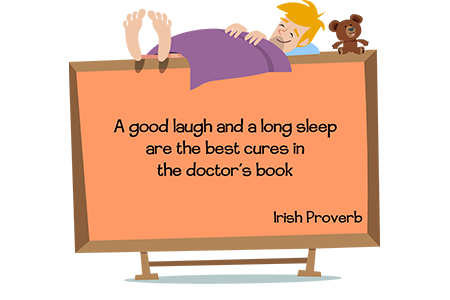1. Create a sanctuary for sleep
Here are five useful tips to create an environment that is conducive for sleep:
- Invest in a good quality mattress which will ensure your bed provides the correct support, comfort and space.
- Declutter your bedroom and keep it tidy. Looking at chaos before you go to sleep may agitate you and be on your mind when you're trying to go to sleep.
- You could look at using a diffuser to create pleasant smells, such as lavender and geranium, which can be really soothing.
- Enable the best bedroom temperature for sleep which is approximately (18.3 degrees Celsius (65 degrees Fahrenheit). This may vary by a few degrees from person to person, but most doctors recommend keeping the thermostat set between 15.6 to 19.4 degrees Celsius (60 to 67 degrees Fahrenheit) for the most comfortable sleep.
- Block out any light as this is essential for sleep and the absence of light helps tell your body that it is time to rest. Light exposure throughout the night can lead to frequent and prolonged awakenings so invest in blackout curtains or blinds if necessary.
Ideally your bedroom needs to be somewhere that you associate with sleep. Wherever possible, remove distractions. It is far better to watch TV, check social media and eat in another room. This will allow you to fully relax.
An increasing amount of sleep advice suggests keeping technology out of the bedroom altogether. The backlit 'blue light' displays on some gadgets suppress melatonin production which is the hormone that helps you sleep. The suppression of melatonin can cause sleep disruption during the night too so the sooner you switch off technology before you go to sleep, the better.
